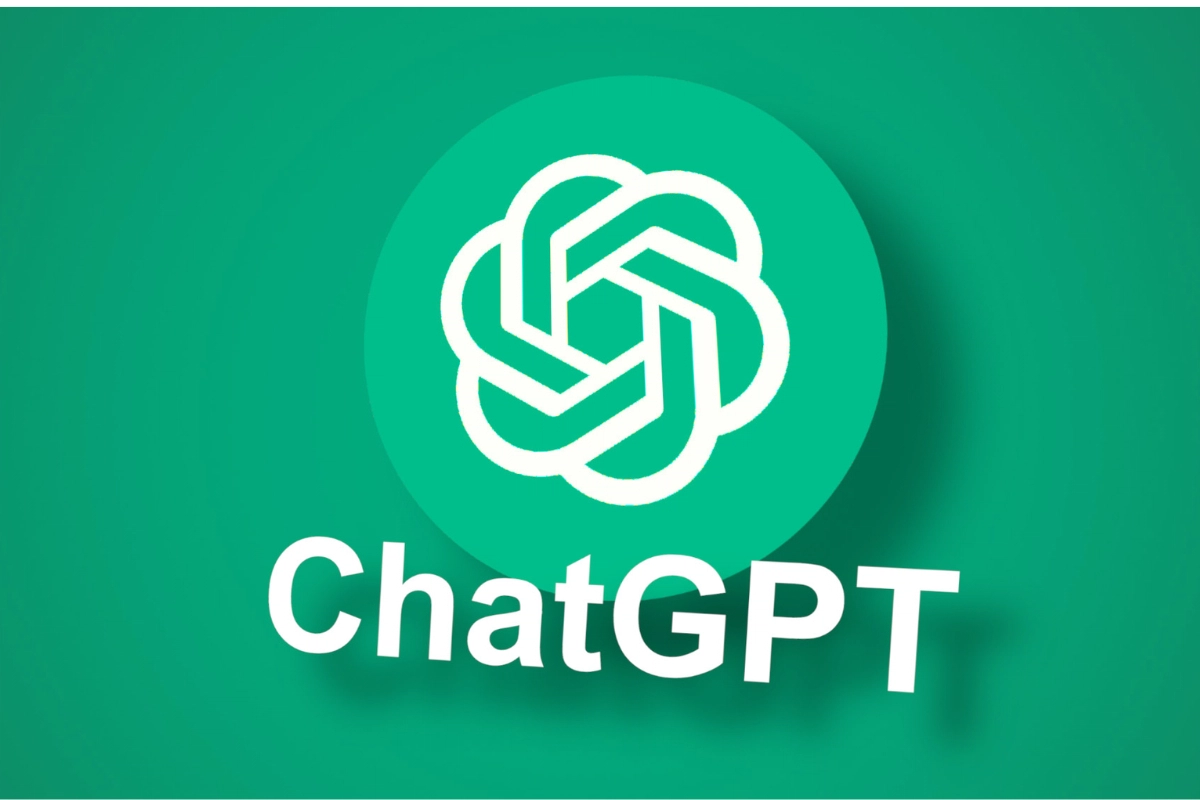ChatGPT: ChatGPT is an advanced artificial intelligence (AI) system that responds to your written questions with a large language model (LLM). But can technology take on the role of a human financial advisor?
Although working with ChatGPT may never be exactly the same as working with a real person, there are benefits to this AI approach. It might be reasonably priced and easily available. It also has drawbacks, such as its wrong response on occasion, which could have a big effect on personal finances. In this article, we will tell you if ChatGPT can replace your financial advisor or not. Read on to know the answer.
What is financial planning?
A detailed strategy outlining your short- or long-term goals for financial security is referred to as financial planning. The foundation for a particular aim or destination in your life is what financial planning is all about.
You could become confused with the huge amount of of investing options available, including unit-linked insurance plans, mutual funds, fixed deposits, and public pension funds. Financial planning also helps you save taxes.
Tax implications
The term “tax implications” describes how a choice or action may affect the amount of money owed to the government by an entity. In other words, based on the techniques used to complete the transaction, the amount of tax that must be paid for a given activity or transaction may vary. To guarantee adherence to pertinent policies and regulations and to reduce exposure to needless taxation, tax implication evaluations must constantly be carried out. Businesses of all sizes and industries must comprehend the numerous tax ramifications.
What does a financial planner do?
An accredited financial or investment advisor is known as a financial planner, sometimes known as a personal or certified financial planner. Regarding investments, insurance, taxes, wealth management, and retirement planning, they offer their clients expert guidance. Financial planners might operate for a company or independently, offering people advice on managing their finances.
ChatGPT as a financial planner
There are several significant differences between working with ChatGPT and a regular financial counsellor when it comes to financial planning. You can find the answers to a lot of your basic queries by having a chat with ChatGPT. But if you go further into a particular subject, you may find that this LLM model is less able to offer satisfactory responses. Problems that ChatGPT can face.
Advantages of using ChatGPT as a financial advisor
- ChatGPT can be cost-effective
- ChatGPT can learn from context
- ChatGPT can easily be accessed
Disadvantages
- ChatGPT can provide wrong information
- ChatGPT doesn’t offer a human element
- ChatGPT may not process complex financial scenarios
Verdict
Traditional financial advisors and ChatGPT offer advantages and disadvantages. The key advantages of ChatGPT are its low cost, easy way to get rapid responses to your inquiries, and availability around the clock. Unfortunately, ChatGPT’s training data only goes back to September 2021, and it occasionally fabricates responses when there is a knowledge gap.
A human financial advisor will be your best option if you’re looking for individualised advice with a personal touch. They’re more adept at offering advice in intricate fields like investing, estate planning, and taxes. They may assist you in developing a customised strategy with doable components as well.
Finally, emotional intelligence and empathy are qualities that financial advisors possess that ChatGPT frequently lacks. For people with little money, their services can be pricey.
In the end, we believe ChatGPT is not a suitable substitute for your financial advisor. Nevertheless, ChatGPT can still be used to comprehend a range of financial subjects and receive some assistance with a variety of personal finance responsibilities.
Keep watching our YouTube Channel ‘DNP INDIA’. Also, please subscribe and follow us on FACEBOOK, INSTAGRAM, and TWITTER










